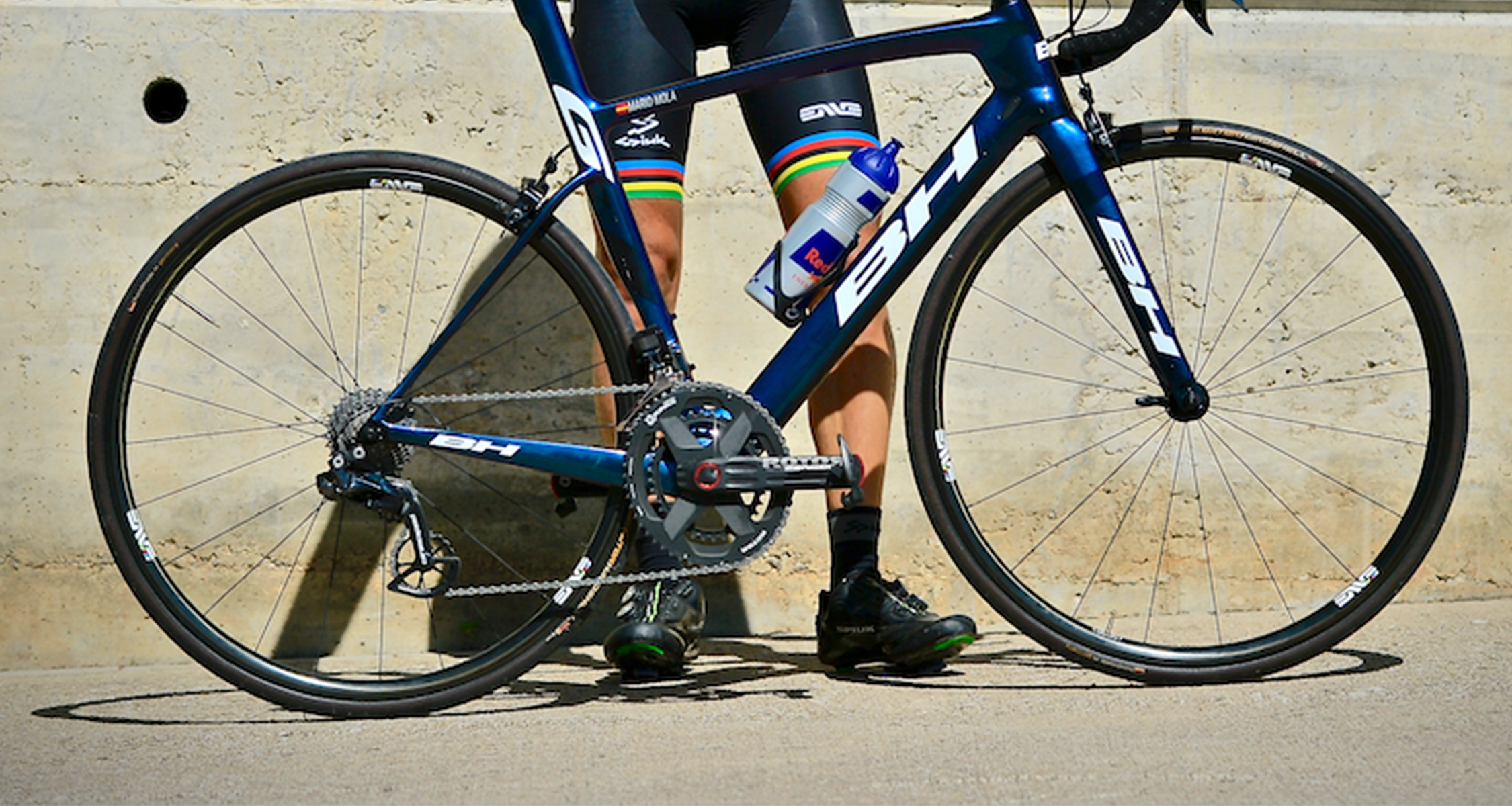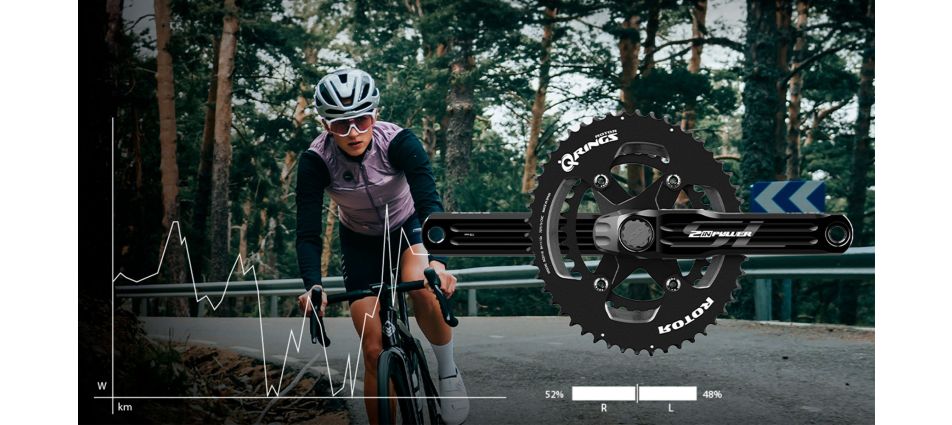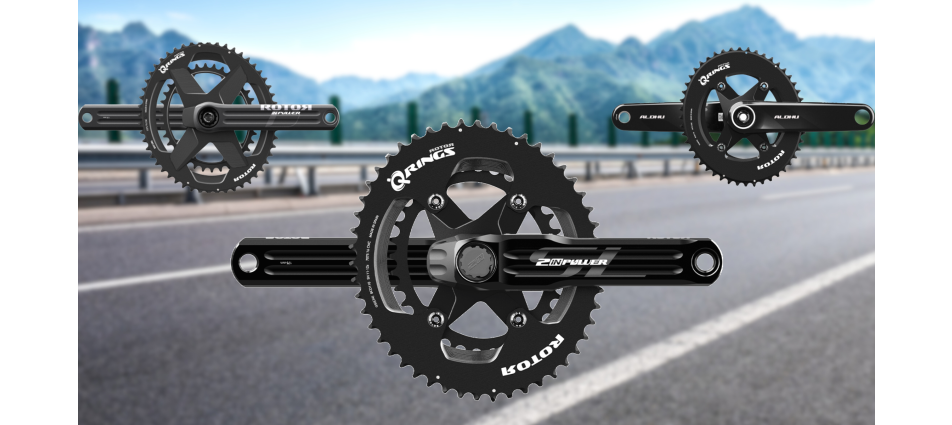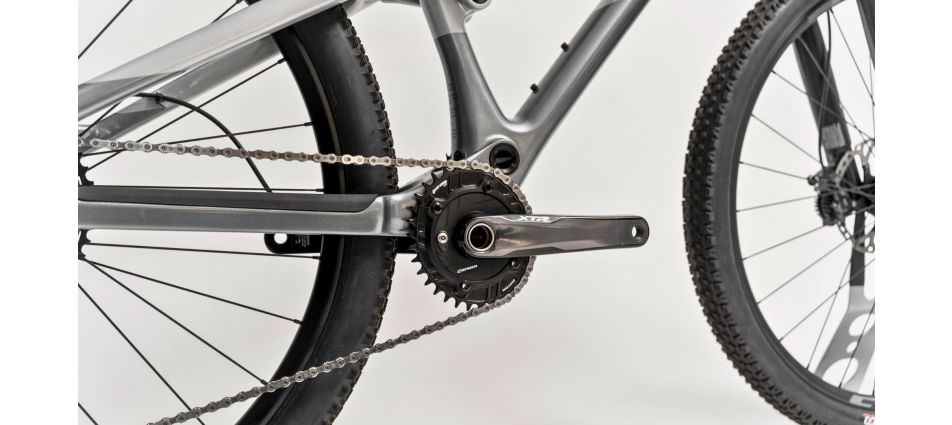Q Rings Oval Chainrings, All You Need To Know
There’s a lot of debating in cycling. Rim or disc brakes, how to wear your glasses, and even what sock length you should have. One of the biggest debates in the peloton is oval chainrings. Why do they perform better, and why should you have them?
We have had the conversation many times with cyclists. It’s important to know that oval chainrings have some big advantages that we must speak about. In this article, we are going to be discussing everything you need to know when it comes to oval chainrings. We will be discussing:
1. What Are Oval Chainrings?
2. What Are The Advantages Of Oval Chainrings
3. Time For Adaptation
4. Should You Invest In Oval Chainrings
What Are Oval Chainrings?
A chainring is a component on the bike that sits on the crank. It’s a round disc with multiple teeth on it. Some bikes have one. Others can have up to three. To switch from chainring to chainring, you use the front derailleur.
Depending on the size of the chainring, it affects the ratio of the gearing. A smaller chainring can help you get up hills and gives you a higher ratio. A larger chainring can help you descend and go faster, giving a lower ratio.
Oval chainrings, also known as elliptical and Q chainrings, are chainrings that, instead of being round it’s in the shape of an oval. These have been around for many years and are often seen in pro racing, with riders such as Chris Froome being a big user of them in many Tour de France’s.


What Are The Advantages Of Oval Chainrings
Oval and Q chainrings come with some great advantages and are an amazing upgrade for cyclists. They swap out for your original chainring and work perfectly with modern derailleurs. Here are the advantages you can expect from using Oval chainrings:
Variable Resistance
Riding a bike with an oval chainring can feel very different compared to a bike with standard chainrings. The reason is that oval chainrings being a different shape change the amount of resistance applied on the legs at different points of the pedal stroke.
What this does is reduce the load on the flat spots of the pedal stroke and increase the resistance on the points where your legs can apply the most load. This can have an amazing effect on the pedal stroke and ensures the rider is not wasting wattage where they don’t need to be.
Smoother Pedaling Motion
For many riders, oval chainrings offer a much smoother pedaling rotation than round chainrings. With the flat spots removed, you get a smoother rotation, and this is something that, for many riders, adds to the experience of cycling.
You can quickly tell the difference between round and oval chainrings. You get a much more fluid motion, and it feels smoother but mostly more efficient. We highly recommend them purely just for this reason alone.
Reduced Fatigue
Next, we have reduced fatigue. An oval chainring that stops these dead spots and caters to the high-resistance parts of the pedal stroke has the ability to reduce fatigue. With the motion being much more fluent and the load evenly distributed over the full rotation, it doesn’t have as much of a negative effect on the muscles.
A good way to think of it is that it’s a lot more fatiguing to do an hour of intervals than it is to do just an hour of flat, consistent power. It's the same concept on the pedal stroke. This is great if you are a long-distance rider or someone who likes to train a lot. The less fatigue you can take on board, the better all round.
Increased Power Output
Many riders who opt for oval chainrings over round chainrings find that they have increased power. This comes from many places. Firstly, the smoother pedaling rotation, the reduction in fatigue over time, and also the fact they put the heavy part of the pedal rotation at your strongest point.
The beauty of using an oval chainring is that it can add to the pedaling motion and, in turn, that can produce more power, especially in cyclists who opt for a higher cadence. It’s a more efficient way of cycling.
Increase In Low Down Traction
Another big benefit comes from the mountain and gravel bike community. It’s well known that oval chainrings for many riders increase traction when at lower speeds. With a smoother, more efficient pedal stroke, getting the grip you need can be much easier.
So when you get to those really steep climbs and get in the lowest gear, you can pick up more traction, and it could be the difference between getting up the hill or dropping your foot and having to walk it out.
Time For Adaptation
A very important factor when it comes to oval chainrings is taking the time for adaptation. Although you will feel different when you first put them on, it will take time for the legs to adjust properly.
Like anything, getting the body used to a new feeling takes time. It probably took you months to originally grow proper cycling legs. The complete oval adaptation can take up to 10 hours of riding, so giving them time is important, and letting the body embrace a different type of motion requires patience.
Should You Invest In Oval Chainrings?
Oval chainrings are an excellent way to upgrade your cycling. Many great cyclists use them and swear by them. We highly recommend investing in a set of Q-rings. Not only are they going to help you improve performance and efficiency, but also they can reduce fatigue. Make sure to check out our range.
Happy Riding #ROTORian




